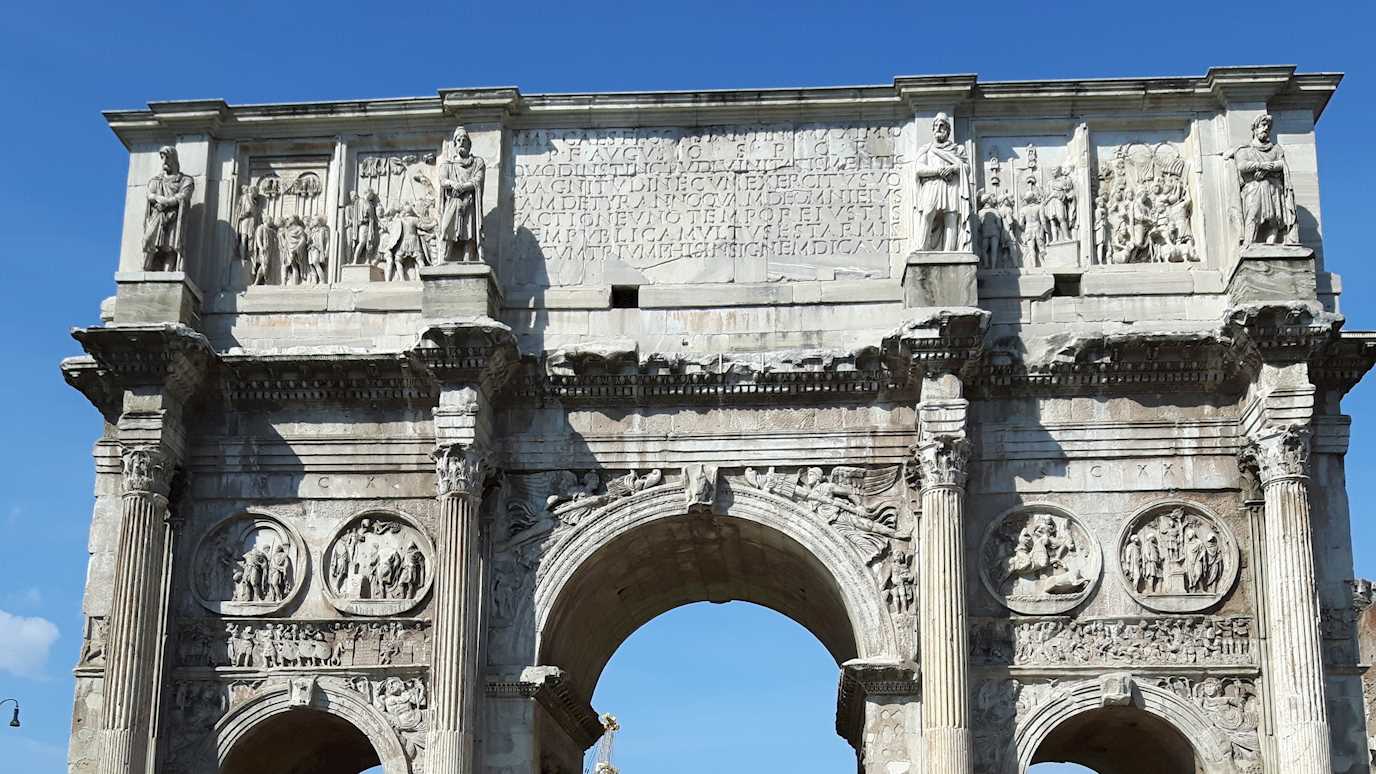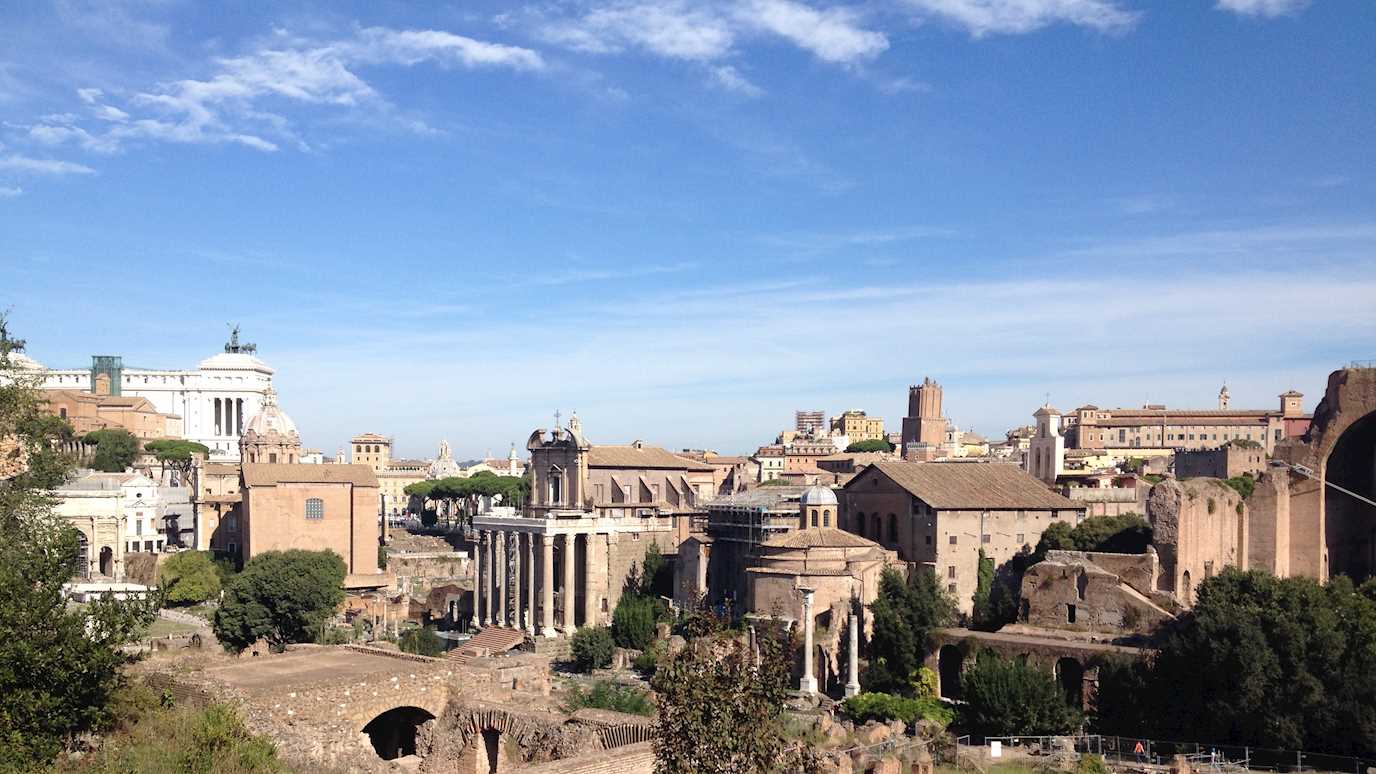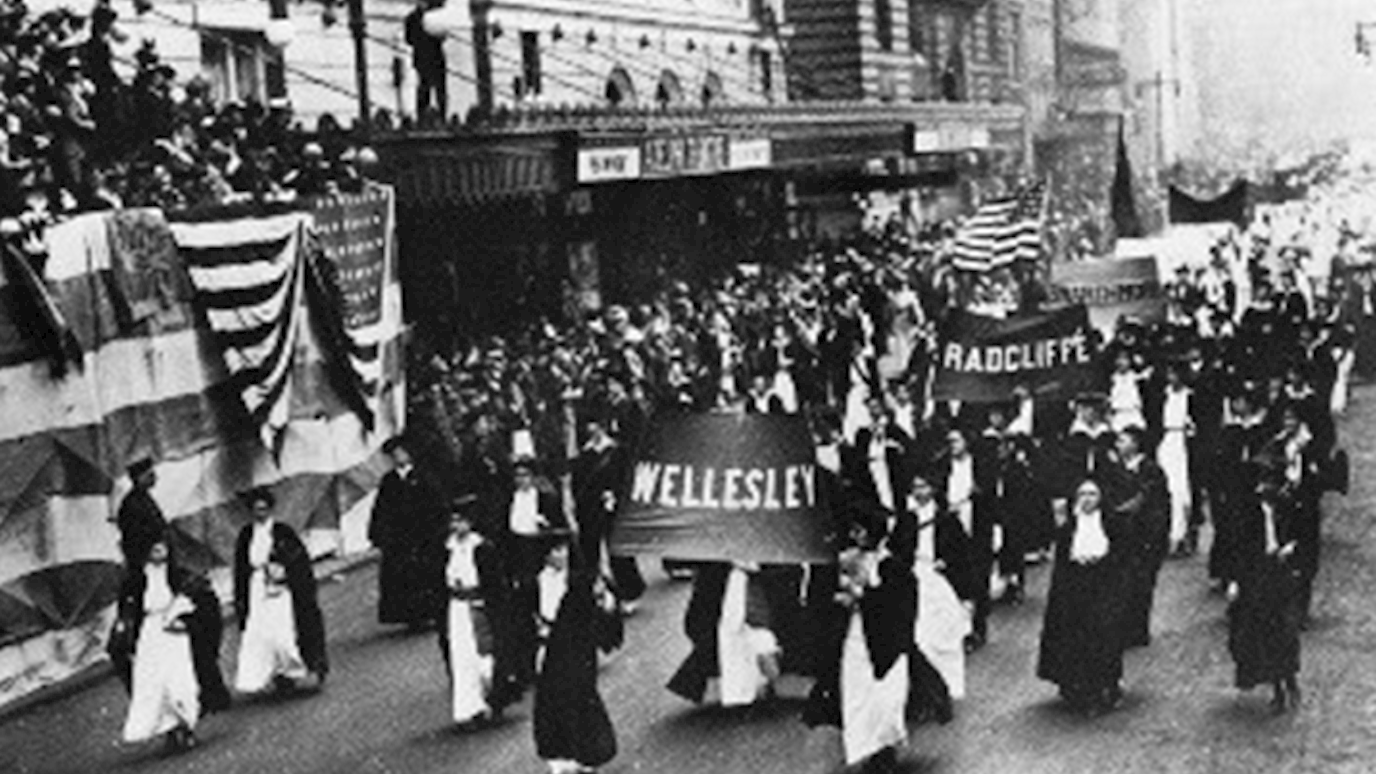This is a course on ends and beginnings: the end of a Republic that had last nearly five centuries and the beginning of an Empire that was to rule much of the Mediterranean world for a further five centuries. It is a story of often extraordinary violence and brutality and about the brute nature of political power. For all the fine words that historians have devoted to Augustus, violence and money lie at the heart of the regime.
Augustus sits at the centre of Roman history, a crux between Republic and Empire. Understanding Augustus forces us to ask question about the nature of Roman politics and society and especially the relationship between the two. The Augustan period is perhaps the best attested fifty years of all Roman history. We have detailed historical narrative accounts, biographies, poetry, inscriptions, and art and archaeology, all of which we need to deploy to better understand the period and the first emperor. In itself, it is a period of contradictions, a period which seems to be the start of monarchy, but which proclaims itself the restoration of the Republic, an era of conservatism startlingly innovative in art, architecture and poetry. At once, it is a moment when the power of the senators seems restored, but the people and the army are empowered. The Augustan age has claims to be totalitarian: Augustus is everywhere: in art, in literature, in politics, with the army and in the provinces. Augustus is becoming a god. Politicians of an imperial tendency have looked at Augustus as the exception, the man who saved Rome and built a new state from the ruins of the old, and seen in Augustus a justification for enlightened dictatorship. Even in the early Roman empire, Augustus was seen as an exception, the sole good emperor among so many bad. But there is a counter tale of violence and oppression and of the threat of civil war. There is a tale of Augustus as dominating and dictatorial. And there is a pile of bodies and an ocean of blood that lies behind Augustan supremacy. In the Augustan period, we have a story of power and how power becomes manifest in Roman society, reaching into all areas of that society, not just the obvious places of politics and military policy, but into the temples of the gods and the bedrooms of the elite, into the making of stories about Rome, inventing and reinventing the traditions of the city.
Tutor: Richard Alston
























